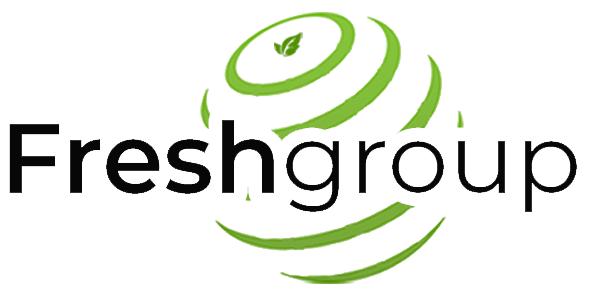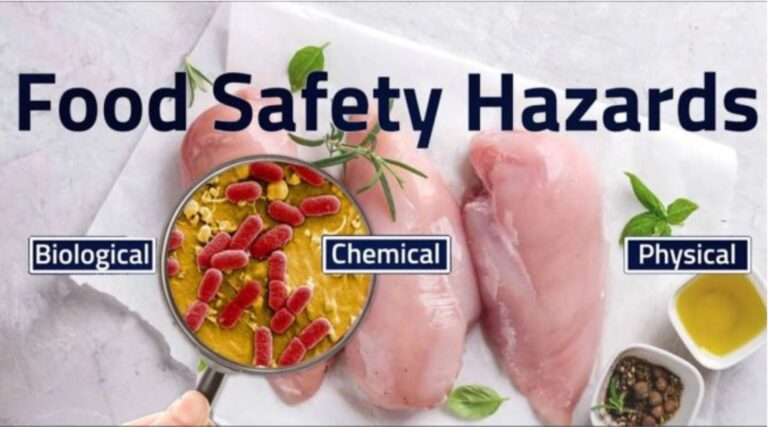It isn’t breaking news to see a product recall alert in the food industry nowadays. With the investment and technological advancements that have been made in the area of food quality and safety, one would expect to witness fewer food products being recalled from the market. The most surprising food product recalls are those due to undeclared allergen or allergen contamination. Why is this a trend when food allergen risk seemingly looks like the easiest food safety risk to control? Allergen control involves preventing cross-contact, ensuring accurate labelling, and verifying suppliers adhere to allergen control plans. However, the reality seems far more complex for food business operators to achieve compliance.
Several factors contribute to the complexity of managing food allergens in your food business, leading to continuous allergen-related recalls. Understanding these factors’ role will immediately give you an edge and help your food business better manage the risk of allergen contamination and ensure that your consumers are safe and protected when they consume your food product. These factors include the supply chain’s nature, human errors due to inadequate training and awareness, and changing regulations and compliance.
It is ideal to have multiple audited, certified and qualified suppliers for your food ingredients if you want to build a supply chain that is resilient to shortage. However, the variability of practices for allergen control among these suppliers can introduce inconsistencies that might make the final control measures for allergen on your side inefficient. Most allergen contaminations reported were found to be from the supplier’s end of the business. So, what we advise you to do as a food business operator, in this case, is to ensure that all your suppliers go through a rigorous supplier approval process, and you should also ensure to regularly conduct audits and inspect your suppliers to ensure that they adhere to allergen control plans without compromise.
Humans could compromise an allergen management plan due to the potential to make mistakes. This mistake could be mislabeling or errors in operational procedures such as cleaning activities among many others. Mislabeling occurs when a product is labelled with the wrong information, failing to declare the presence of allergens. This can happen due to errors in the design, printing, or application of labels, and sometimes, labels might omit critical allergen information due to oversight or misunderstanding of labeling requirements by personnel. Allergen cross-contamination risk is greatly increased when there is a failure in your food business’ operational procedures meant to reduce the risk of allergen contamination. This could range from ineffective cleaning of shared equipment to improper segregation of allergen-containing ingredients from non-allergen-containing ingredients during storage. Proper training and awareness of allergen risk to process operators can help you solve the issue of human error in allergen contamination. For your food business, we recommend you make the training hands-on and simulated based on previous allergen contamination issues resolved in your food facility.
In allergen management, it is important to stay updated with regulatory requirements because scientific works are always ongoing to address the issue of allergen contamination. New findings give birth to new requirements that your food business must meet to comply with the regulation. For example, from 2004 until 2021, only milk, eggs, fish, Crustacean shellfish, tree nuts, peanuts, wheat, and soybeans were considered major allergen foods. The FDA in January 2023 included sesame in the list of major allergen foods. This is an example of why you must stay updated with regulatory changes to avoid your food product being recalled from the market and to protect your consumers’ health.
At Fresh Group, we understand the importance of protecting public health, and our goal is to help food business operators optimize their allergen management plan and operations to maximize profit while protecting consumers’ health. This is why we made food safety our business. Consult with Fresh Group today to build an allergen management plan tailored to help your business thrive while protecting consumers’ health.
FSQ Writer: Oluwatobi Eniyandunmo
Reviewed by: Raphael Samson
Reach out to Fresh Group Food Safety And Quality Consulting for any inquiries related to food quality and safety.




